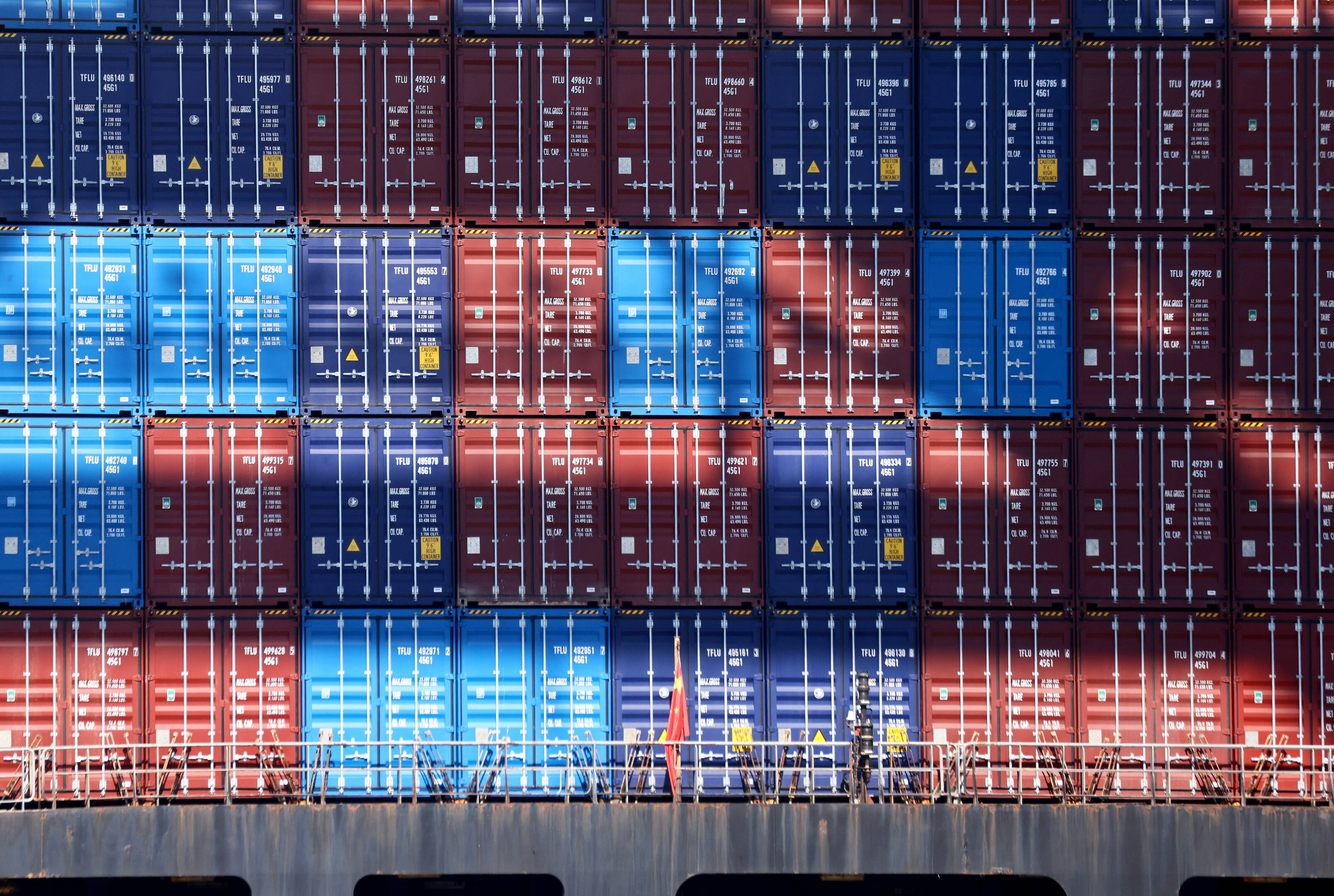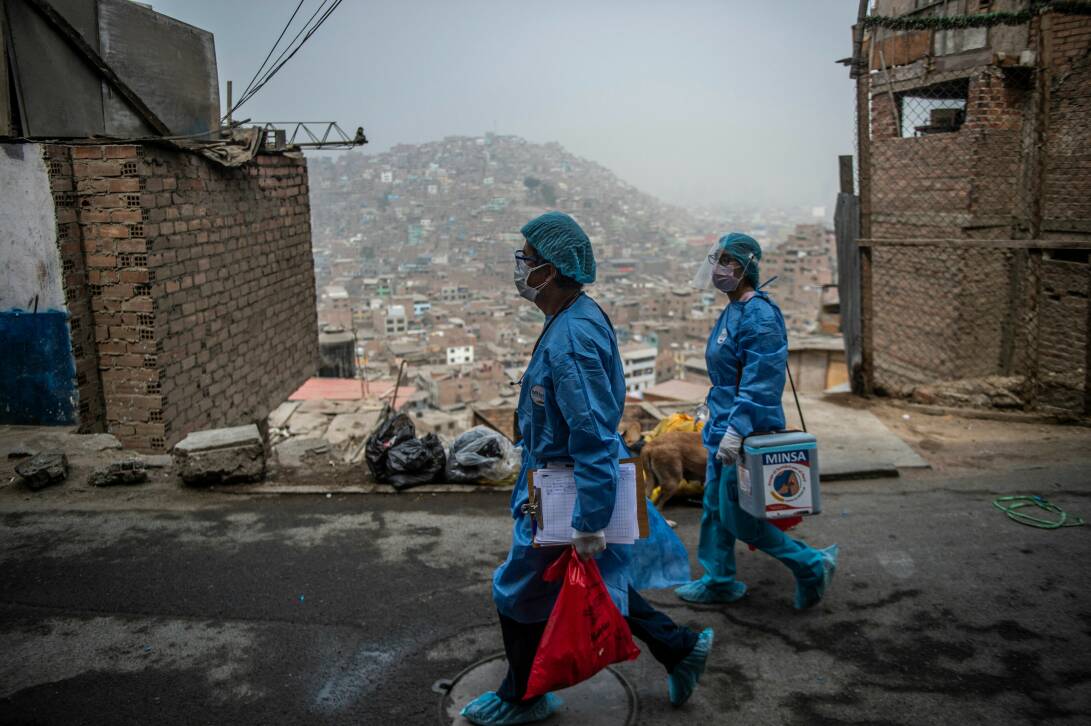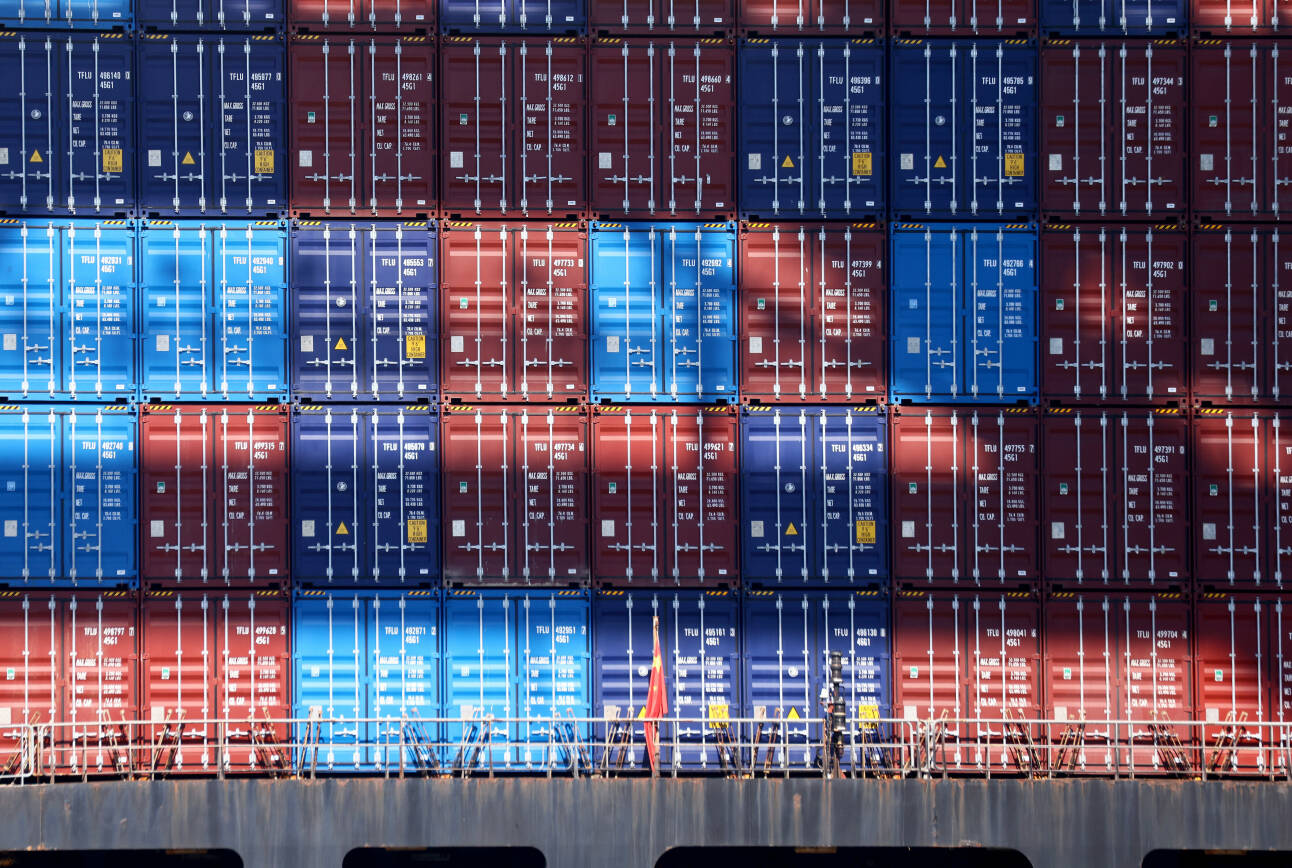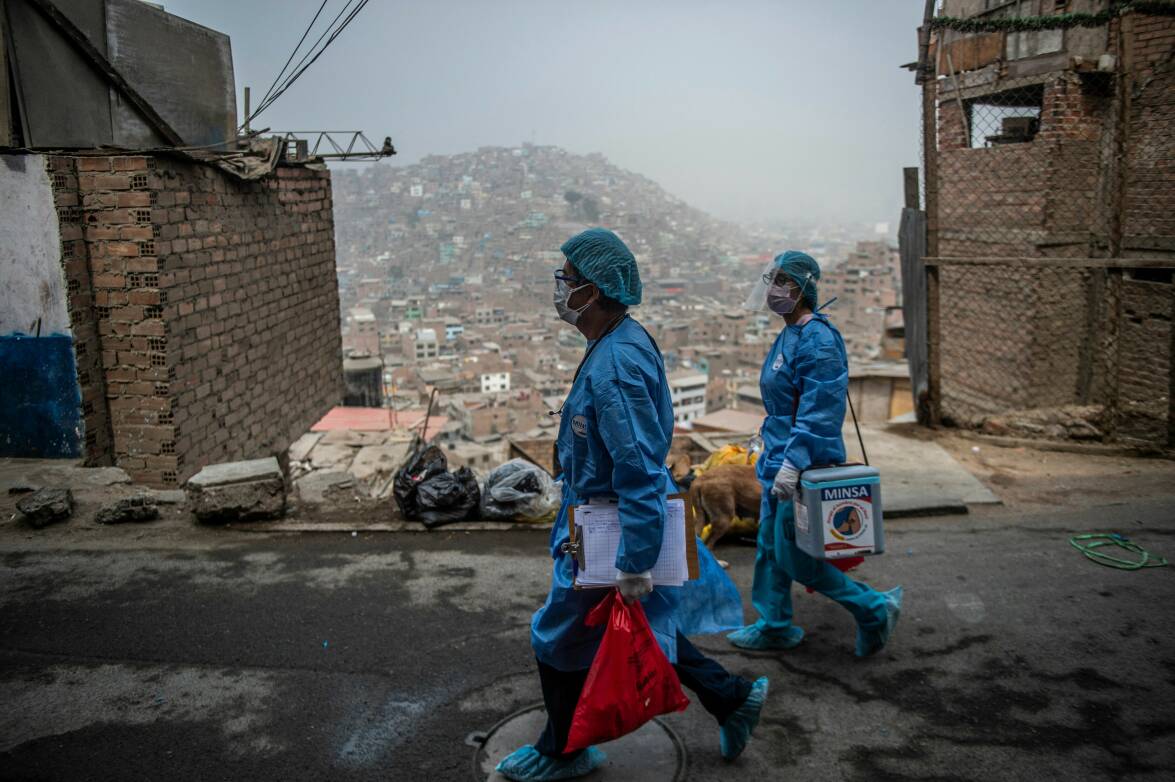An elusive new normal


Even after a year of
break-neck progress in
global vaccine rollouts, the world is still highly vulnerable to massive disruption.





The virus is proving worryingly adaptive, with new variants of concern emerging throughout 2021, each with varying degrees of transmissibility and vaccine-escape.
Images: Getty Images (Ezra Acayan; Ernesto Benavides/AFP)
Scroll down
The production and distribution of vaccines remains the only effective way to mitigate the worst effects of the virus. But even after a year of break-neck progress in global rollouts, the world is still highly vulnerable to the massive disruption that comes with snapbacks of travel restrictions, national lockdowns and soaring hospitalisations.
With the emergence of the Omicron variant in late 2021 came a realisation that the widening disparity in vaccine rollouts between the developed and developing world has left all countries at risk. Each infection of Covid-19 raises the likelihood of a variant emerging that the current raft of vaccines are unable to stop, at least in their current form. As such we forecast that how to vaccinate people in the developing world will dominate international discourse in 2022 even as developed countries rush to secure their own populations with booster programmes.
In the unlikely event no further variants emerge in 2022, those countries with advanced vaccination rates will start edging towards a stage of ‘normality’. We define ‘normality’ as a status where Covid-19 risk and mitigation indicators are such that businesses and populations will be able to operate with relative freedom of movement and without strict restrictions. But we do not envisage a return to pre-Covid-19 business conditions anytime soon. The total lifting of domestic restrictions also does not mean we consider that a country has reached a permanent state of ‘normality’, but rather that businesses have reasonable latitude to plan and operate without restrictions, or the constant threat of these.
An elusive
new normal
Covid-19 will remain the primary operational challenge facing most businesses in 2022. The virus is proving worryingly adaptive, with new variants of concern emerging throughout 2021, each with varying degrees of transmissibility and vaccine-escape.

Focus: Covid-19
An elusive new normal


Even after a year of
break-neck progress in
global vaccine rollouts, the world is still highly vulnerable to the massive disruption.




Images: Getty Images (Ezra Acayan; Ernesto Benavides/AFP)


The virus is proving worryingly adaptive, with new variants of concern emerging throughout 2021, each with varying degrees of transmissibility and vaccine-escape.

The production and distribution of vaccines remains the only effective way to mitigate the worst effects of the virus. But even after a year of break-neck progress in global rollouts, the world is still highly vulnerable to the massive disruption that comes with snapbacks of travel restrictions, national lockdowns and soaring hospitalisations.
With the emergence of the Omicron variant in late 2021 came a realisation that the widening disparity in vaccine rollouts between the developed and developing world has left all countries at risk. Each infection of Covid-19 raises the likelihood of a variant emerging that the current raft of vaccines are unable to stop, at least in their current form. As such we forecast that how to vaccinate people in the developing world will dominate international discourse in 2022 even as developed countries rush to secure their own populations with booster programmes.
In the unlikely event no further variants emerge in 2022, those countries with advanced vaccination rates will start edging towards a stage of ‘normality’. We define ‘normality’ as a status where Covid-19 risk and mitigation indicators are such that businesses and populations will be able to operate with relative freedom of movement and without strict restrictions. But we do not envisage a return to pre-Covid-19 business conditions anytime soon. The total lifting of domestic restrictions also does not mean we consider that a country has reached a permanent state of ‘normality’, but rather that businesses have reasonable latitude to plan and operate without restrictions, or the constant threat of these.
An elusive
new normal
Covid-19 will remain the primary operational challenge facing most businesses in 2022. The virus is proving worryingly adaptive, with new variants of concern emerging throughout 2021, each with varying degrees of transmissibility and vaccine-escape.
